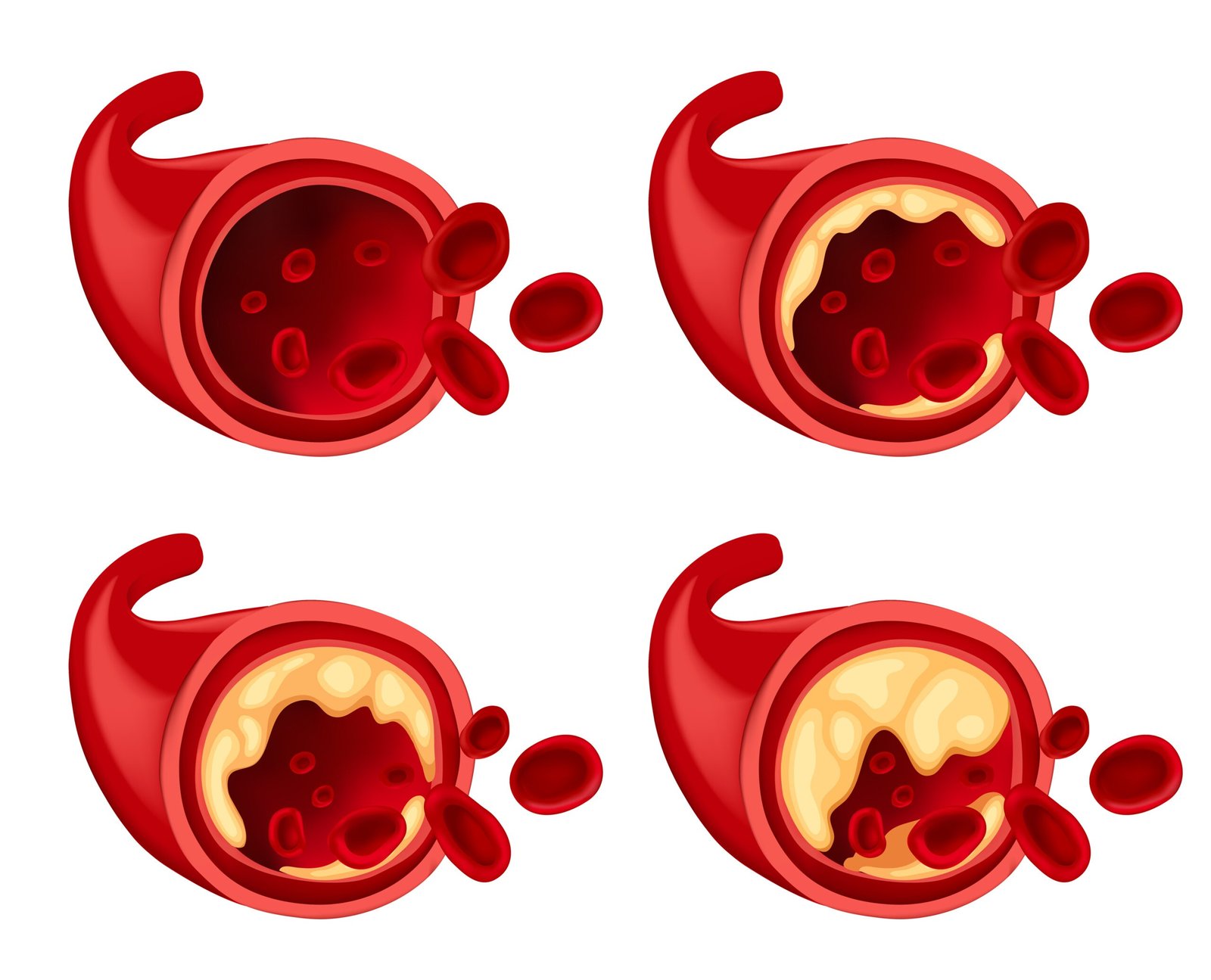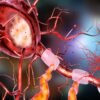HDL Cholesterol: We need to understand the meaning of the term “cholesterol” before moving on to HDL Cholesterol. It is a particular kind of fat that is necessary for the body to function normally. Blood can be used to measure cholesterol. Low-density lipoprotein (LDL) and high-density lipoprotein (HDL) are the two forms of cholesterol. To put it simply, HDL is referred to as “good cholesterol” and LDL as “bad cholesterol.” It plays a vital role in the synthesis of hormones, bile acids, vitamin D, and cell membranes, all of which aid in digestion. In addition to being created by the liver, cholesterol can also be acquired from diet
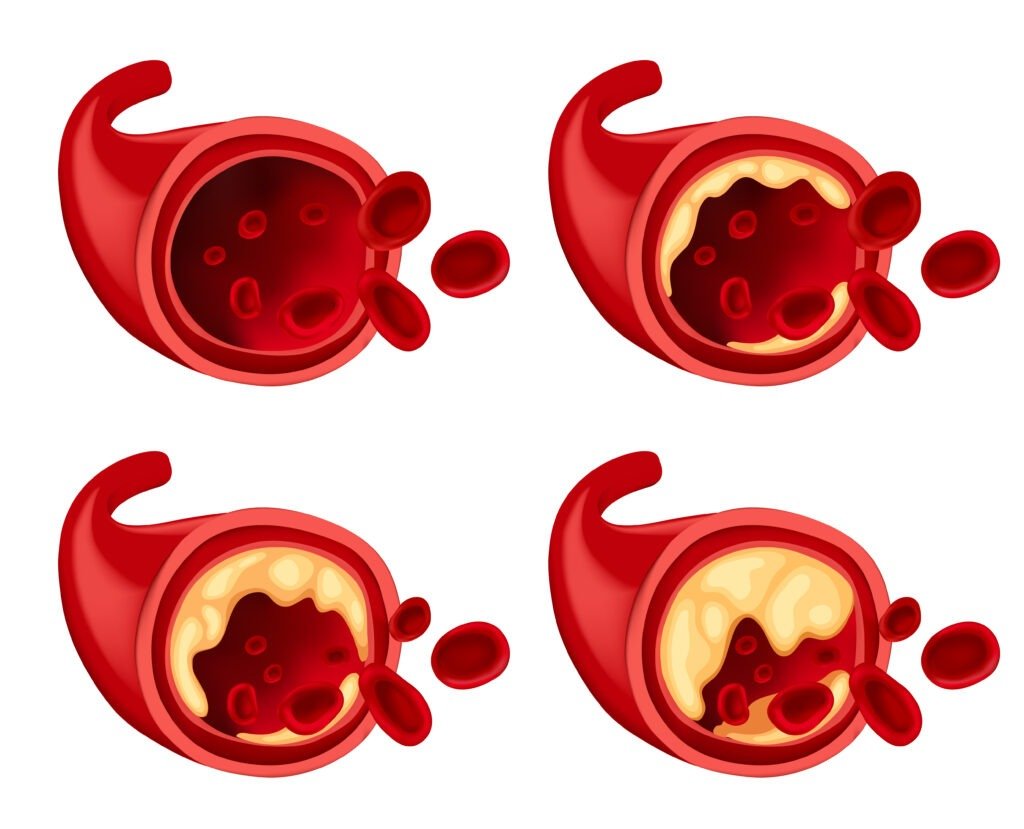
The term “high-density lipoprotein” is HDL. Because of its advantageous effects on cardiovascular health, high-density lipoprotein, or HDL, cholesterol is frequently referred to as “good cholesterol”. Every individual HDL cholesterol particle is a tiny blob made up of a lipoprotein rim encircling a cholesterol core. The HDL cholesterol particle is referred to as high-density because it is dense in comparison to other cholesterol particle kinds. Blood cholesterol is taken up by the HDL cholesterol and returned to the liver. It is then eliminated from the body by the liver. Your risk of heart disease and stroke can be reduced by having high levels of HDL cholesterol.
Functions of HDL Cholesterol
It is believed that HDL cholesterol may act in a variety of helpful ways that help to reduce the risk for heart disease:
Cholesterol Transport
HDL acts as a scavenger, picking up LDL cholesterol (Bad cholesterol) from the bloodstream and tissues, including the arteries
Anti-Inflammatory
HDL has anti-inflammatory properties, helping to reduce inflammation in the blood vessels
Antioxidant Activity
HDL possesses antioxidant capabilities, protecting the lining of blood vessels from damage caused by free radicals
Reverse Cholesterol Transport
HDL helps remove cholesterol from plaque in the arteries, preventing the formation of blockages. The earliest stage of atherosclerosis, the condition that causes heart attacks and strokes, is damage to the inner walls. HDL maintains the wall’s health and cleanliness.
Healthy HDL Cholesterol Levels
The only way to know your cholesterol numbers is with a lipid profile blood test. The healthcare provider can request a test. A blood test will probably be included in your routine consultations if you have a history of high blood cholesterol or if you have risk factors for the condition. The unit of measurement for HDL counts is milligrams per deciliter of blood (mg/dL).
Optimal HDL levels can vary from person’s age and/or assigned sex at birth, as follows below
- People 19 and under Greater than 45 mg/dL
- Males over 20: Greater than 40 mg/dL
- Females over 20: Greater than 50 mg/dL
Anything below these values is considered HDL deficiency
Causes for low HDL Cholesterol Levels
Several factors can cause your HDL to fall below the expected level of values which is referred to as HDL deficiency.
Genetics
A low HDL count is typically the result of genes that run in families. There is compelling evidence that a higher level of “good cholesterol” (HDL-C) in the blood is associated with a lower risk of cardiac issues. But the effectiveness of this cholesterol is also critical for heart protection; it’s not simply about the amount. Certain hereditary disorders can impact HDL levels and function, either positively, offering protection, or negatively, increasing the risk of heart problems. The purpose of this review is to discuss various hereditary diseases, including whether they raise or lower HDL levels, potential complications, and treatment options.
Obesity
If you are overweight or obese, a type of blood fat called triglycerides will increase. HDL cholesterol is made up of triglycerides and, when triglyceride levels increase, HDL will undergo changes that result in breaking down faster, leading to a decrease in the count.

Poor Dietary Choices that lower HDL Cholesterol
Refined carbs, which include white bread and sugar, stimulate the liver to manufacture more triglycerides, which lowers HDL. Many of the things you eat, such as fried foods, processed foods, red meat, high-fat dairy products, and margarine, are also high in triglycerides. HDL levels are also impacted by dietary triglycerides.

Physical Inactivity
A lack of exercise is directly linked to the buildup of fatty deposits in arteries called atherosclerosis. Exercise improves HDL cholesterol’s ability to lift out these harmful fatty deposits and move them to the liver for disposal that process is known as cholesterol efflux
Smoking
The chemicals in tobacco smoke can decrease the HDL Cholesterol levels in several ways. Smoking is harmful and it reduces the amount of proteins called cholesterol ester transfer protein (CETP) and fats called lecithin, both are needed to build HDL Cholesterol. Smoking also reduces the liver’s ability to clear excess deposits of triglycerides from the blood

Uncontrolled Diabetes
High-density lipoprotein (HDL) cholesterol and other cholesterol levels may be impacted by uncontrolled diabetes. Diabetes can affect lipid metabolism and alter the lipid profile, especially if it is not properly treated.
Medicines
Certain medications may impact HDL (high-density lipoprotein) cholesterol levels. While medications are often prescribed to manage cholesterol levels, it’s important to note that the effects of high-density lipoprotein cholesterol can vary depending on the specific drug. Here are some common categories of medications that may influence HDL cholesterol levels.
- Beta-Blockers
- Anabolic Steroids
- Progestins
- Antiretroviral Drugs
- Antipsychotics
- Corticosteroids
- Thiazide Diuretics
Note:- Kindly do not stop any prescribed drug or the dose without first speaking to your healthcare provider. It’s necessary to note that the impact of medications on HDL can vary from person to person
How to increase HDL cholesterol levels
Exercise regularly
Regular Exercise: It is well recognized that regular exercise lowers cholesterol and raises HDL (high-density lipoprotein) cholesterol. Because it aids in the removal of LLD cholesterol from your bloodstream, HDL is frequently referred to as “good” cholesterol. Exercise that involves aerobics is beneficial for raising HDL levels in a dose-dependent way. Expert studies have demonstrated that the primary component linked to the rise is the length of aerobic activity, rather than its intensity. This is the way that regular exercise raises high-density lipoprotein cholesterol.
- Promotes weight management
- Increases physical fitness
- Enhances insulin sensitivity
- Reduces inflammation
- Promotes positive changes in lipid profile
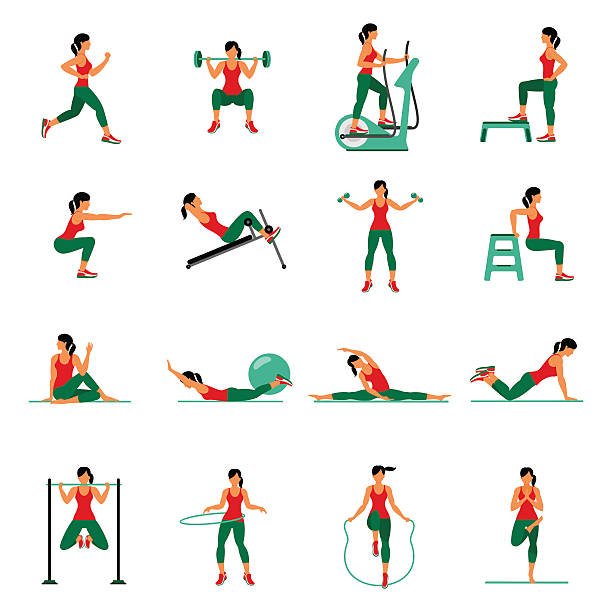
Lose weight if you’re overweight
Even a small effort toward weight loss can help raise your HDL cholesterol levels. If you are obese, losing 5% of your body weight is a reasonable short-term goal.
HDL cholesterol foods to increase the HDL Cholesterol level
To counter lower high-density lipoprotein Cholesterol levels avoid your intake of refined carbs and saturated fats which are found in animal-derived foods and substitute them with whole grains and healthier monounsaturated and poly-unsaturated fats which can be found in plant-based foods.
Healthy Fats
Including healthy fats in your diet can positively impact HDL (High-Density Lipoprotein) cholesterol levels. Below are some sources of healthy fats to consider
- Salmon, mackerel, trout, and sardines are rich in omega-3 fatty acids, which can raise HDL cholesterol
- Almonds, walnuts, chia seeds, flaxseeds, and sunflower seeds are good sources of monounsaturated and polyunsaturated fats
- Avocado is high in monounsaturated fats, which can help increase HDL.
- Extra virgin olive oil is a healthy source of monounsaturated fats and antioxidants
- While it’s high in saturated fat, some studies suggest that coconut oil may have a neutral or slightly positive effect on HDL.
- Dark chocolate with high cocoa content contains flavonoids and healthy fats that may benefit heart health
- Flaxseed oil is rich in alpha-linolenic acid, a type of omega-3 fatty acid
- Chia seeds are richer in omega-3 fatty acids, fiber, and protein
Eat Purple-Skinned Fruits and Vegetables
While purple-skinned fruits and vegetables are rich in various nutrients and antioxidants beneficial for overall health, there isn’t substantial evidence to directly link them to a significant increase in HDL (High-Density Lipoprotein) cholesterol levels. HDL is influenced by a combination of factors, including genetics, lifestyle, and dietary patterns.
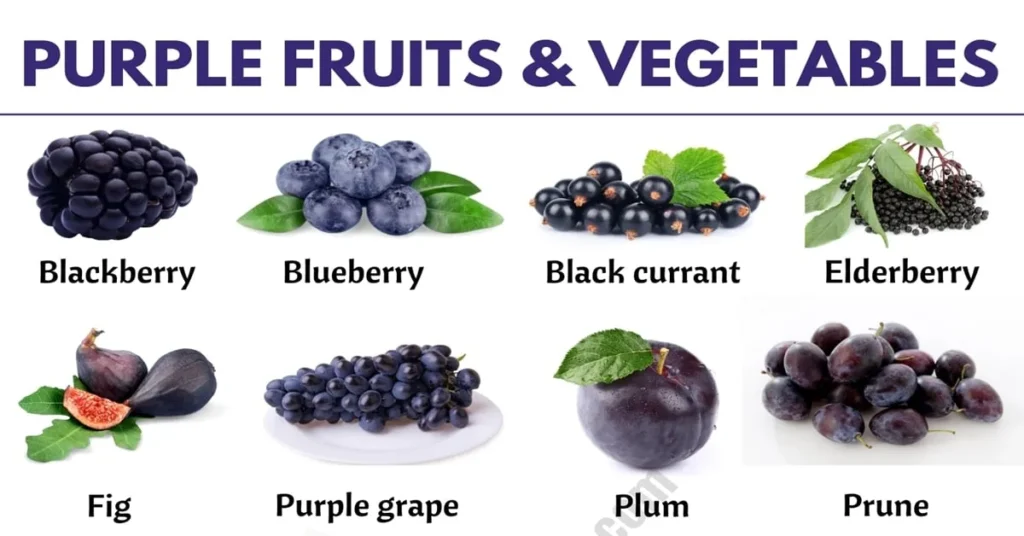
However, purple-skinned fruits and vegetables, like other colorful produce, are known for their high content of phytonutrients, vitamins, and minerals. These compounds contribute to the overall health of your cardiovascular system and may indirectly impact cholesterol levels. Here are some examples of purple-skinned fruits and vegetables and their potential health benefits
- Purple Grapes
- Blueberries
- Eggplant
- Purple Potatoes
- Plums
Reducing Complex Carbohydrates
The relationship between decreasing complex carbohydrates and increasing HDL (High-Density Lipoprotein) cholesterol is very complicated and can vary among individuals. However, certain dietary patterns, including the types of carbohydrates consumed, can affect overall cholesterol levels.
Here are some general considerations:
- Choose whole, unprocessed carbohydrates such as fruits, vegetables, and whole grains. These sources of carbohydrates are rich in fiber, which may have a positive impact on heart health
- Soluble fiber, found in oats, barley, beans, lentils, fruits, and vegetables, has been associated with improving both LDL (Low-Density Lipoprotein) and HDL cholesterol levels
- Reduce the intake of refined carbohydrates and added sugars found in processed foods, sugary beverages, and sweets. These may contribute to weight gain and unfavorable changes in lipid profiles
- Low-glycemic carbohydrates, which have a slower impact on blood sugar levels, may be beneficial. Examples include whole grains, legumes, and non-starchy vegetables
- Pay attention to portion sizes to manage overall calorie intake and maintain a healthy weight, which is important for cardiovascular health.
Quit smoking
Quitting cigarettes can be hard but if you quit Smoking can increase your high-density lipoprotein cholesterol levels. Quitting smoking is directly linked with several health benefits, and it can have a positive/healing impact on your cholesterol levels, including increasing HDL (high-density lipoprotein) cholesterol.

high-density lipoprotein cholesterol is often named as “good” cholesterol because it helps remove other forms of cholesterol from your bloodstream. Smoking is known to have bad effects on cholesterol levels, and quitting can lead to improvements. Here’s how quitting smoking may contribute to an increase in high-density lipoprotein cholesterol.
- Anti-inflammatory effects
- Improved endothelial function
- Lifestyle changes
Moderate Alcohol Consumption
Some studies suggest that moderate alcohol consumption, particularly red wine, may raise HDL levels Links between red wine and fewer heart attacks aren’t well understood. Red wine has antioxidant properties that can raise the levels of high-density lipoprotein cholesterol, also called the “good” cholesterol, and protect against bad cholesterol buildup.
It’s important to emphasize the term “moderate” when discussing alcohol consumption. Moderate alcohol intake is generally defined as up to only one drink per day for women and up to two drinks per day for men. Excessive alcohol consumption can have harmful effects on health, including an increased risk of liver disease, certain cancers, and cardiovascular problems.
It’s crucial to consider individual health conditions, medications, and other factors when deciding whether alcohol consumption is appropriate. Moreover, if you do not currently consume alcohol, it is not recommended to start drinking solely for potential cardiovascular benefits, as there are other effective ways to improve heart health, such as maintaining a healthy diet, regular exercise, and not smoking.
As always, if you have questions or concerns about alcohol consumption and its impact on your health, it is advisable to consult with your healthcare provider for personalized advice based on your specific health situation.
Q&A

Question No. 1 – What if the HDL level is high?
Answer No. 1 – While having a high level of high-density lipoprotein (HDL) cholesterol is generally considered good/beneficial for heart health, extremely high levels might warrant further investigation. high-density lipoprotein cholesterol is often referred to as “good” cholesterol because it helps remove other forms of cholesterol from your bloodstream.
Question No. 2 – What is HDL cholesterol good level?
Answer No. 2 – HDL Cholesterol levels between 40 mg/dL and 59 mg/dL are considered within an acceptable range but always consult your healthcare provider to know more about HDL level.
Conclusion
It’s important to note that while HDL is a valuable marker for cardiovascular health, it should be considered in the context of the overall lipid profile, including levels of low-density lipoprotein (LDL) cholesterol and triglycerides.
Moreover, individualized risk assessments on Cholesterol take into account several factors such as genetic history, lifestyle choices ( diet, exercise, smoking), and some other health conditions. Your healthcare provider can help interpret your lipid profile and assess your overall cardiovascular risk. If you have any query or concerns about your cholesterol levels, it is suggested to consult with your doctor. They can consult you based on your unique health status and help you make informed decisions about lifestyle changes or, if necessary, medical interventions.
Related articles:- What Is Epidemiology? History, Causation, Prevention Multiple Sclerosis Cause, Symptoms, Diagnosis and Treatment
